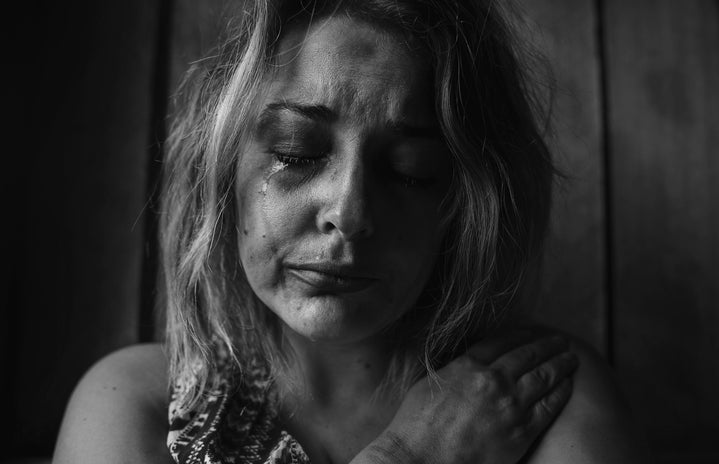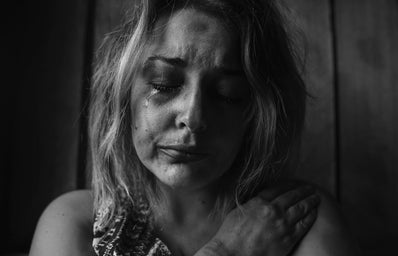At 2 a.m., teenagers are woken up to strangers in their bedrooms. Then, they’re driven hours away, often to the midwest. What awaits them is abuse, hard physical labor and sadness– all paid for by their parents.
This is the story of many children in the troubled teen industry. The troubled teen industry is a name coined by survivors for the system of underregulated residential youth treatment facilities. Many parents send their children to these programs for drug and alcohol use, mental health, eating disorders, disabilities, conversion therapy and more.
These programs promise to rehabilitate teenagers from their troubles. Instead, the facilities pocket most of the payment, and force the children to endure hard physical labor and verbal, physical, emotional and sexual abuse.
It is estimated that between 120,000 to 200,000 young people reside in some type of group home, residential treatment center, boot camp or correctional facility, according to the American Bar Association. At least 50,000 of these children are placed there by their parents, and stay there for a year or more.
A report from the U.S. Government Accountability Office “identified thousands of allegations of abuse, some of which resulted in death, at residential programs across the country and in American-owned and American operated facilities abroad.”
Despite this abuse, the industry receives an estimated $23 billion dollars of annual public funds, according to Breaking Code Silence. Yet, most of these facilities are not regulated by the government. They receive even more money from parents who send their kids to these facilities.
In the past few years, survivors of this industry took their stories to social media, especially TikTok. There are thousands of stories under the hashtags #BreakingCodeSilence and #ISeeYouSurvivor. These stories range from those of wilderness therapy, where children are forced to hike for miles and live in the wild with a lack of basic hygiene and food, to stories of sexual abuse.
Paris Hilton is the most famous of these survivors. The reality star turned DJ became a face of the movement against the troubled teen industry, opening up about her parents sending her to a therapeutic boarding school in Utah in the 1990s.
In an opinion piece for the Guardian, Hilton discussed being sent to “obs,” short for observation.
“It was solitary confinement in a tiny cinderblock room with nothing but a drain and a roll of toilet paper. The room was freezing cold, and I was almost naked. I paced until I couldn’t stand up anymore. Then I huddled on the floor and rocked back and forth, forcing myself to think about the life I would create for myself after I got out,” she wrote.
Hilton also discussed being sexually, physically and mentally abused. Tik Toker Dasogoloff, known as Dasha, stated that as a 14- year-old in a facility, she was frequently dragged by staff members from one building to another, leaving bruises on her arms. She was forced “to sit and listen to my peers and staff berate me for incredibly insignificant things, and would often get called vile names for doing something such as rolling my eyes or daring to point out how screwed-up their treatment of residents is.”
If kids tried to tell their parents what was going on, there was usually a staff member sitting right beside them on the phone. Then, the child would lose phone privileges while the parents were convinced that their child was manipulating them.
Grown up survivors are using the internet and social media to their advantage to bring awareness to these unaccountable facilities. While the industry takes profits, parents and children lose money, and their humanity.


